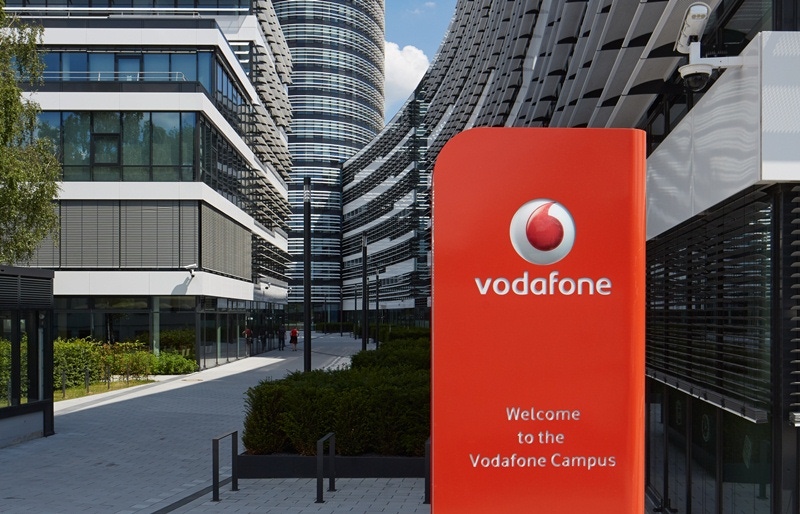Vodafone declares faster revenue acceleration is a force of 4G
Vodafone has declared that its rises in revenue growth defied expectations. However, telecoms industry analysts have questioned whether this is the turning point declared by the company.
November 10, 2015

Vodafone has declared that its rises in revenue growth defied expectations. However, telecoms industry analysts have questioned whether this is the turning point declared by the company.
The second biggest mobile operator in the world claimed it had beaten expectations by reporting revenues of £5.79 bn for the six months ending in September 2015, a rise of 1.9%. It also declared
a service revenue growth of 1.2%, in contrast to the previous quarter’s growth rate of 0.8%. City analysts had predicted a rise of 0.9%.
In a statement, Vodafone Chief Executive Vittorio Colao hailed these figures as ‘an important turning point for the group’. He said the return to organic growth in service revenue and earnings is a sign that Europe is stabilising. Seven out of 13 markets showed organic service revenue growth, said Colao.
Ovum analyst Paul Lambert said Vodafone’s return to organic revenue growth is largely a result of consumers’ moving to high-speed data plans and using more data when they do. With 80% of Vodafone’s European user base yet to sign-up to high-speed 4G plans, this is good news for Vodafone and the industry as a whole, said Lambert. “It means there is still significant growth left in the market. The operators that offer the best quality access to high-speed services can expect to continue to benefit from the shift to 4G,” said Lambert.
However, some telecoms analysts disagreed. Clive Longbottom senior researcher at analyst Quocirca, said Vodafone’s revenues and customer numbers continue to decline in its mature markets. “It has grown well in newer markets, such as India and Turkey. It seems to have somewhat reduced the speed of losses in Europe but losses are still there,” said Longbottom.
While overall EBITDA improved, the fact that Vodafone posted a pre-tax fall in profits of 43%, to £232m and an overall loss of £1.6b, is the most important consideration, said Longbottom.
“Vodafone still faces problems. If it manages to float its Indian business, it will gain an injection of capital that it can use to further improve its network or go for different markets, but it has to deal with the higher levels of competition in its more mature markets – and figure out exactly what it is going to be in future years,” said Longbottom.
As a ‘dumb pipe provider’ it cannot compete and as an end-to-end data and comms provider, it has a ‘hell of a lot of work’ to do, said Longbottom. “Consumers are becoming more savvy, and it only takes a VNO to come along with a better offer on films or TV for a mobile operator to find that it loses its core business,” said Longbottom.
However, analyst Philip Kendall at Strategy Analytics, said there is some cause for optimism at Vodafone, as 4G become a major cause of improvement in its fortunes. “The Project Spring investments accelerating the 4G network build are starting to pay off with some healthy growth in 4G customer numbers, delivering higher data use and higher spending profiles. That is not Vodafone making a market, we are seeing other European operators also seeing good 4G-fuelled recoveries, but it has at least put itself in a position to ride that wave built on improving consumer sentiment and penetration of 4G into almost all smartphone models on sale.”
Vodafone is also performing well in IoT, Kendall said, though at present this represents only 1% of its service revenue.
About the Author(s)
You May Also Like








.png?width=300&auto=webp&quality=80&disable=upscale)


_1.jpg?width=300&auto=webp&quality=80&disable=upscale)


.png?width=800&auto=webp&quality=80&disable=upscale)